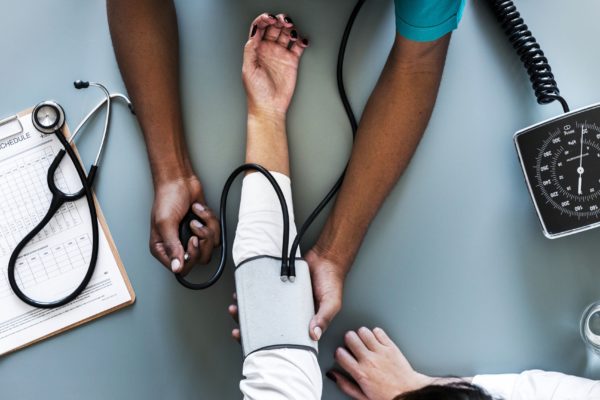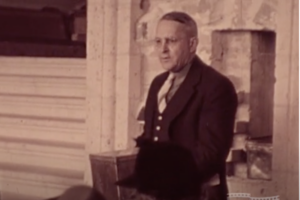Health care became political for me in the fall of 2016, when I received a diagnosis of Parkinson’s disease at the age of 48. Prior to this diagnosis, like many people who enjoy stable employment, good health and economic privilege, I spent my political energy on the economy hovered mostly over the economy, education and issues of egregious injustice. Health care was fourth or fifth on the priority list.
Health care got my attention when Parkinson’s did. I realized that if I lost my job and the health insurance that comes with it, my family and I would face severe financial hardship. I would pay $2,787 per month and $33,444 per year for medications to treat my Parkinson’s disease.
This is 53% of the median household income in the United States. Add to that the costs of doctor visits and any procedures I might need, and my ability to pay for health care would become even more unrealistic and financially threatening.
I also learned that there are many people in a similar situation. More than 133 million people in this country live with at least one chronic illness. That is about 41% of the population. Chronic diseases include things like cancer, diabetes, hypertension, stroke, heart disease, respiratory diseases and arthritis. Even though you might not be ill now, if you live long enough, odds are that you will be. And the rates for many illnesses are on the rise.
The current COVID-19 pandemic should get the attention of every voter in this country and make health care a political priority for us all.
The number of people currently out of work and, therefore, at risk of losing insurance or not being able to afford purchasing it, is rising quickly. In the past two months, due largely to the COVID-19 pandemic, workers have filed between 36 million and 40 million jobless claims, the most since the Great Depression, and an estimated additional 14 million more workers have lost their jobs but have not filed for unemployment insurance due to complicated processes or ineligibility. And the virus continues to spread.
Illness frequently led to financial hardships long before COVID-19 arrived. Approximately 530,000 U.S. families file for bankruptcy annually, and 67% cite illness and the cost of care as primary reasons. Currently, 28 million Americans risk financial catastrophe due to a lack of health insurance. With the number of COVID-19 cases rising exponentially, many more individuals and families will face economic disaster. Add to this threat another one, namely, ongoing attempts by the current administration to dismantle the Affordable Care Act, which provides insurance coverage to 23 million people.
Illness is political. The World Health Organization has declared that access to care is a basic human right. Everyone deserves access to affordable health care, including medicines. As a country, we need to figure out how to meet our obligations to one another.
People may disagree on how best to provide access to lower cost health care. Some advocate for a single payer system, others for private insurance, and others for a multitiered or hybrid approach. The country needs an honest and rigorous debate on these options, and that approach requires leadership that puts the needs of people over the interests of political party or the lobbies that sustain them.
Health care is political but it need not be necessarily partisan. People across the political spectrum can concede that of the world’s 33 industrialized countries, 32 of them offer universal health care, and as the world’s wealthiest nation, the U.S. does not. People across the political spectrum can also elect leaders who will recognize health care as a basic human right for which collectively we have to provide.
More than 170 million of us are at risk of financial catastrophe, and we should expect this number to grow as the COVID-19 pandemic continues with no foreseeable end in sight. We need to remember this in November. We need to support candidates who have a sound plan and the requisite courage to provide all people with access to affordable health care.
Allan Hugh Cole Jr. is professor and senior associate dean for academic affairs in the Steve Hicks School of Social Work at The University of Texas at Austin.
A version of this op-ed appeared in the Houston Chronicle, Austin American Statesman, Lubbock Avalanche Journal and the San Antonio Express News.




